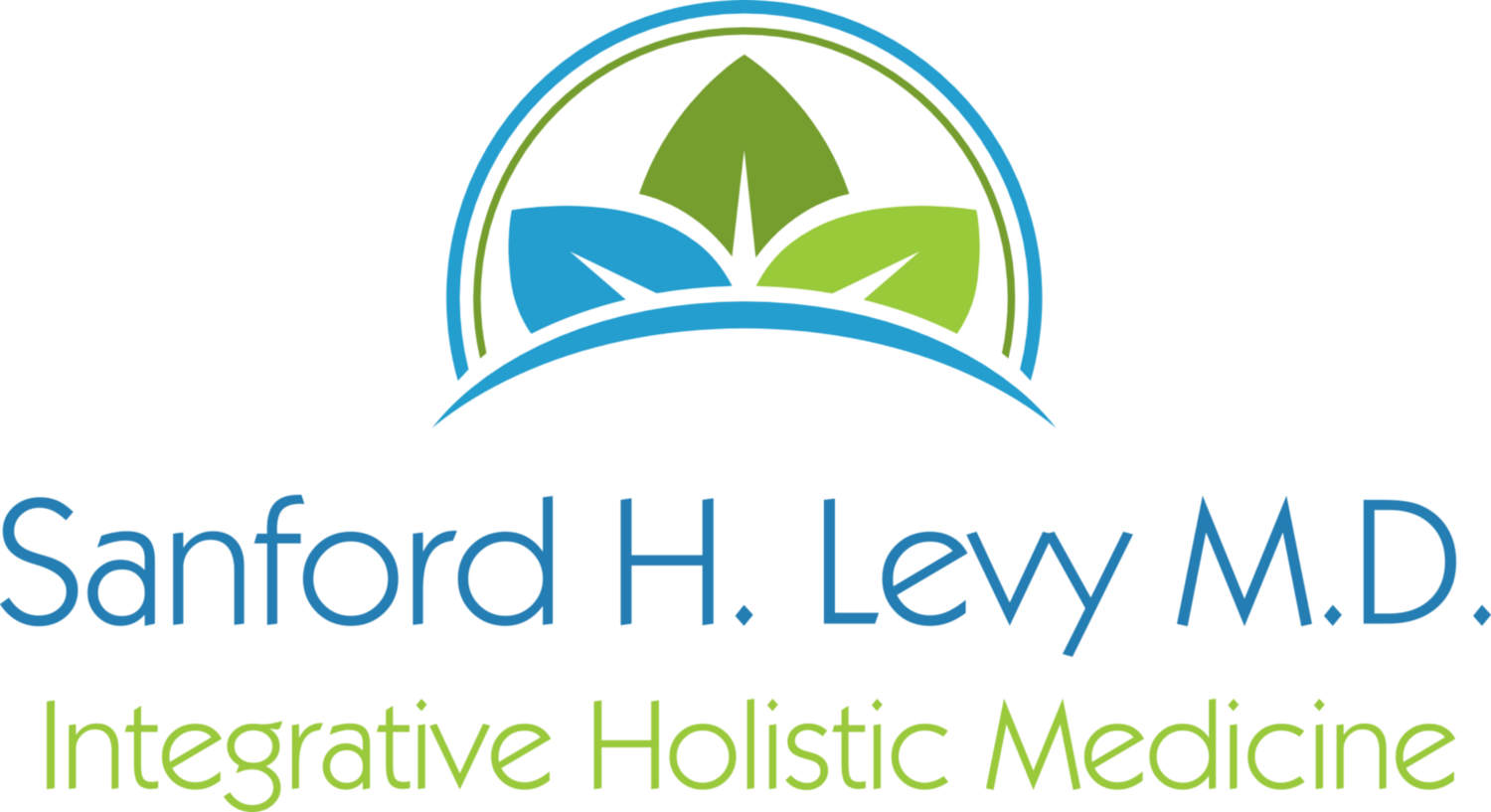Integrative Medicine Buffalo, New York
Integrative medicine may be conceptualized as an extension of conventional medicine.
A few of the tenets of integrative holistic medicine are (1) recognition of the healing response as innate - the primary role of the practitioner is to remove any blocks to healing, (2) recognition of the importance of healthy nutrition, regular exercise, and other lifestyle factors in the achievement of optimal health, (3) recognition of the role of vitamins, minerals, herbs, and other dietary supplements in the treatment of many health ailments, (4) recognition of the role of complementary practitioners such as naturopaths, chiropractors and acupuncturists in our health care system, (5) recognition of the importance of the belief system of the individual and the power of the mind to heal the body, (6) recognition of the importance of attentively listening to and educating each patient, and (7) the use of prescription medications when indicated.
By definition, all MDs, both generalists and specialists, practice allopathic medicine. Allopathic medicine treatment throughout the 20th Century played a significant role (along with public health measures) in extending the average life expectancy to an unprecedented age, predominantly through successful treatment of infectious diseases and trauma. Furthermore, widespread use of prescription medications to treat high blood pressure drastically reduced the incidence of stroke, a major cause of morbidity (poor quality of life) as well as mortality. Moderate surgical procedures can cure some cancers. Orthopedic joint replacements and cataract surgery are examples of surgical procedures which often lead to major improvement in quality of life.
As a medical doctor, I am proud of the many advances in medicine which are attributable to allopathic medicine. What led me in part, decades ago, to expand my practice beyond allopathic medicine was the recognition of some of the limitations of allopathic medicine. One limitation is that allopathic medicine is minimally effective in the treatment of many chronic conditions. Second, allopathic medicine tends to focus to exclusively on a paradigm of war - war against infections, war against cancer - instead of a paradigm of restoring balance and creating a strong internal environment so that the potential agents of disease remain dormant. Allopathic medicine recognizes for example that many people are colonized with the strep bacteria in their throats but do not have strep throat infection, and that many people are colonized with meningococcus bacteria in the throat, but never get meningococcal meningitis. Yet, in allopathic medicine there seems to be a failure to focus on scientific efforts at understanding why so many people colonized with potentially dangerous bacteria are healthy.
A third limitation of allopathic medicine is that health is defined only in the negative sense as the absence of disease, in contrast to traditional approaches such as Traditional Chinese medicine, Ayurvedic medicine, or Native American medicine, which defined health in a positive sense as wholeness - a state of harmony and balance within the body and with various external forces. Fourth, allopathic medicine (as a generalization) tends to ignore biochemical individuality in the determination of treatment for the individual. Prescriptions for adults tend to be standard, based on the condition to be treated, in contrast to more complex systems of therapeutics such as a Ayurvedic medicine, in which treatment is based in part on the body type, or homeopathy, in which treatment is based in part on subjective descriptions.
Finally, in contrast with many other treatment modalities, allopathic defies a precise definition which describes the approach to treatment in a positive sense. The definition of allopathy in Dorland's Medical Dictionary is "a system of therapeutics based on production of a condition incompatible with or antagonistic to the condition being treated." Incidentally, the name “allopathy” dates to Samuel Hahnemann, the MD by training who found in the treatment modality of homeopathy at the end of the 18th Century. The fundamental premise of homeopathy is that symptoms can be eliminated if the person takes infinitesimal amounts of substances that in larger amounts would produce the same symptoms. The concept in homeopathy that "like cures like" is opposite to the fundamental premise of allopathic medicine, as defined just above.
Regarding the fundamental tenets of integrative medicine listed at the beginning of this narrative, and the tenet of “recognition of the role of complementary practitioners in our health care system,” I incorporate this into my practice by suggesting to some patients, based on their history, that they may benefit from evaluation and treatment by a practitioner of what allopathic he refers to as complementary modalities of treatment. Of note, in deciding whether to suggest a complementary modality of treatment, while my factual knowledge of the various modalities is important, the belief system of the individual is also important. The "placebo effect" is at times a testament to the power of the mind to heal the body. A narrative description for a few of the most popular complementary modalities of treatment is at https://www.sanfordlevymd.com/holistic-medicine, and detailed information on a multitude of complementary modalities of treatment is at https://www.drlevyhealthinfo.com/complementary-modalities.
Acknowledgment: The content of this narrative is based on the writings and teachings of Andrew Weil, MD.
Composed March 17, 2024
Page Updated March 17, 2024
